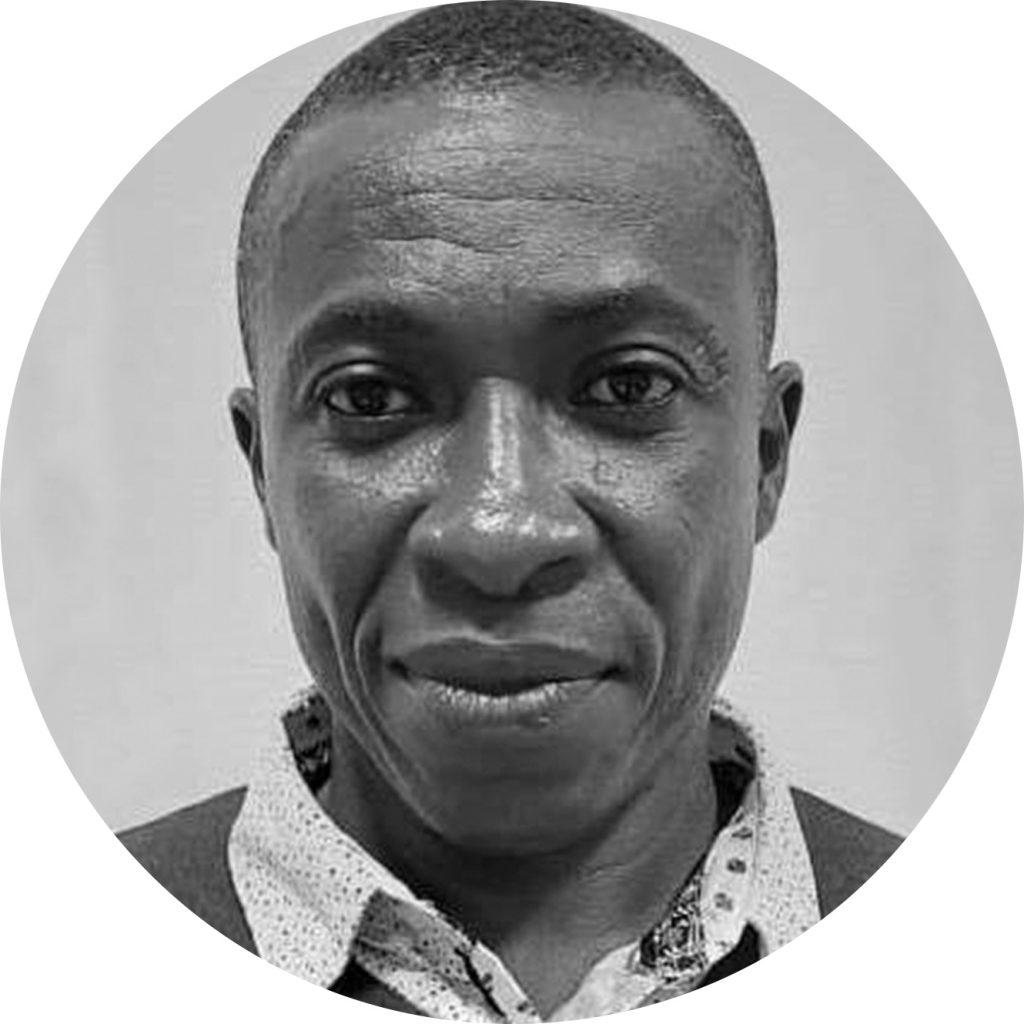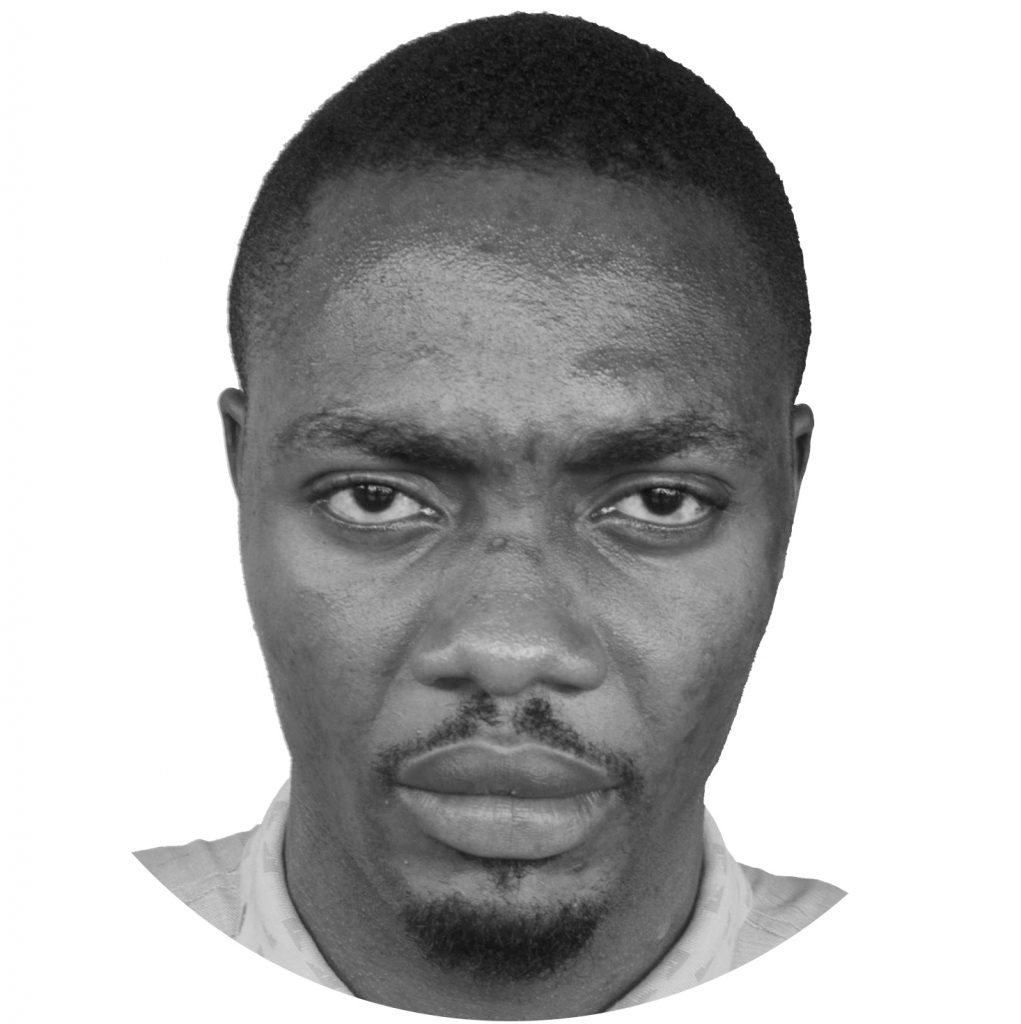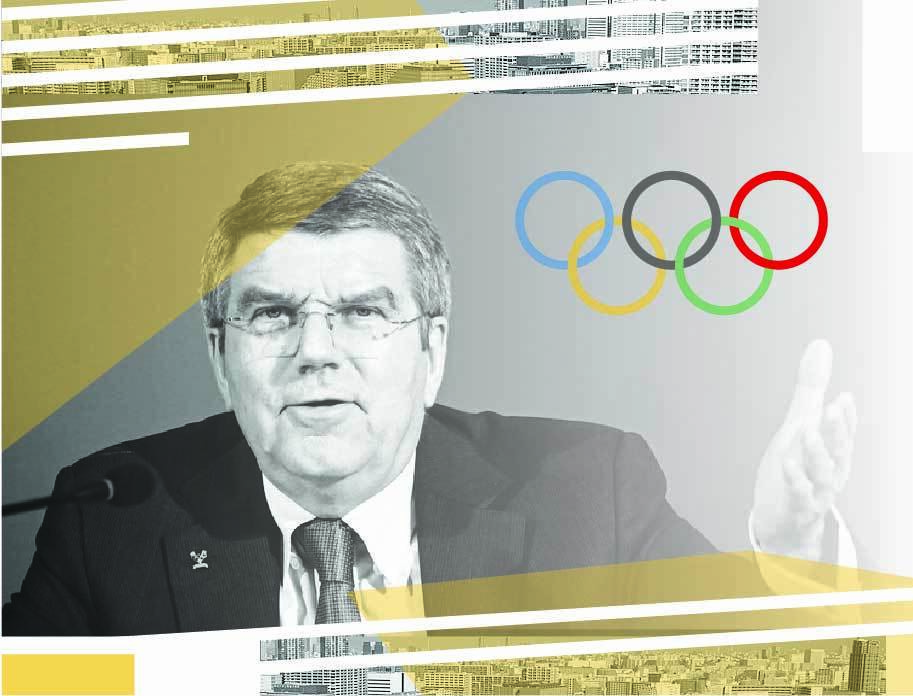
Dr Ernest Acheampong
Head of Health, Physical Education, Recreation and Sports at the University of Education, Winneba, Ghana. Research on African football, migration, youth football and education, sport for development and giving back phenomenon. His current book focuses on “African Footballers in Europe: Migration, Community, and Give Back Behaviours”

Ralph Frimpong
Masters student, Department of Health, Physical Education, Recreation and Sport (HPERS), University of Education, Winneba, Ghana. Currently, working on a project for World Badminton Federation titled: Badminton: A model for promoting well-being and livelihood in a slum community in Winneba Municipality.

Section 2: Media Coverage & Representation
- Twitter conversations on Indian female athletes in Tokyo
- ”Unity in Diversity” – The varying media representations of female Olympic athletes
- The Olympic Channel: insights on its distinctive role in Tokyo 2020
- How do we truly interpret the Tokyo Olympic ratings?
- Between sexualization and de-sexualization: the representation of female athletes in Tokyo 2020
- Reshaping the Olympics media coverage through innovation
- An Olympic utopia: separating politics and sport. Primary notes after analyzing the opening ceremony media coverage of mainstream Spanish sport newspapers
- What place is this? Tokyo’s made-for-television Olympics
- The paradox of the parade of nations: A South Korean network’s coverage of the opening ceremony at the 2020 Tokyo Olympics
- Tokyo 2021: the TV Olympics
- Why we need to see the “ugly” in women’s sports
- “The gender-equal games” vs “The IOC is failing black women”: narratives of progress and failure of the 2020 Tokyo Olympics
- Megan Rapinoe: The scary Bear for many Americans?
- ‘A Games like no other’: The demise of FTA live Olympic sport?
- Temporality of emotionalizing athletes
- Fandom and digital media during the Tokyo 2020 Olympic Games: A Brazilian perspective using @TimeBrasil Twitter data
- Media wins medal for coverage of athletes as people, instead of entertainers
- Media frames and the ‘humanity’ of athletes
- Reporting at a distance. Stricter working conditions and demands on sports journalists during the Olympics
- New Olympic sports: the mediatization of action sports through the Olympic Games 2020 Tokyo
- Simone Biles, journalistic authority, and the ideology of sports news
- Representations of gender in the live broadcast of the Tokyo Olympics
- Americans on ideological left more engaged in Summer Olympics
- Nigeria: Olympic Games a mystery for rural dwellers in Lagos
- National hierarchy in Israeli Olympic discourses
- Equestrian sports in media through hundred Olympic years. A roundtrip from focus to shade and back again?
- Reshaping the superhuman to the super ordinary: The Tokyo Paralympics in Australian broadcasting media
- Is the Paralympic Games a second-class event?
- The fleeting nature of an Olympic meme: Virality and IOC TV rights
- Tokyo 2020: A look through the screen of Brazilian television
- Is the Paralympic Games a second-class event?
- How digital content creators are shaping meanings about world class para-athletes
- How digital content creators are shaping meanings about world class para-athletes
- The male and female sports journalists divide on the Twittersphere during Tokyo 2020
- Super heroes among us: A brief discussion of using the superhero genre to promote Paralympic Games and athletes
- “Everything seemed very complicated”: Journalist experiences of covering the Tokyo 2020 Paralympic Games
- Representing high performance: Brazilian sports journalists and mass communication professionals discuss their philosophies on producing progressive Paralympic coverage
- Representations of gender in media coverage of the Tokyo 2020 Paralympic Games
Ghana’s media interest in coverage of the 2020 Olympics is surprisingly low and profound. This situation, while surprising, is predictable given a few factors related to the Olympics. Although the Covid-19 is one of those factors, there are others that are particular to Ghana. These factors, at the least, include the lukewarm attitude expressed by the local organizing committee, the absence of Ghana’s U-23 team from the Olympic football event and the lack of confidence in Ghana’s chances of winning laurels at the Games.
The Ghana Olympic Committee (GOC) dedicated very little publicity to the 2020 Olympic. Despite the GOC launching of the Tokyo 2020 Olympics in Ghana in March 2018, few promotional activities of the megaevent are evident in the country. This is in contrast to the London 2012 and Rio 2016 Olympics which the Ghana Olympic Committee (GOC) and media devoted considerable time to publicize. For the 2020 Olympics, there was little publicity until February 2020 when the GOC secured a sponsorship package from a manufacturing company – Ashfoam Ghana Limited. Even then, the GOC president was quoted to have said that “there is ‘no way’ the country will win a medal of any colour at the Tokyo 2020 Olympics.” This surprising statement may have dampened any local media interest in the event.
Beyond the GOC’s poor effort at publicizing the event, a survey of sports journalists, fans and university students reveal that Ghanaians associate a lack of interest to the absence of Ghana’s national football team (U23) at the megaevent. In 1992, Ghana’s U-23 men soccer team became the first African soccer team to win a medal at the Olympic Games. The absence of the U-23 team possibly affected the GOC’s attempt to attract sponsors and public interest because football is the passion of the nation.
What fans are saying
Interactions with few university students revealed that they only follow Tokyo 2020 based on their passion and affiliation with certain sporting disciplines like handball-particularly the national teams of Denmark and France. For instance, as one puts it “I follow the Olympics because I want to know the current trends and practices, tactics as well as new rules introduced.” Some hinted their support for individuals like Evelyn Mawuli and Okoye because of their African identity while they featured for the Japanese national basketball team. Others cited the inability of some Ghanaian athletes to advance in their sprint events.
We also spoke with 208 fans on the streets, which confirmed that the majority representing 50% were unaware of the ongoing Tokyo 2020, with 36.5% being aware while 13.5% became aware via various social media platforms. Clearly, their responses depict that most fans are not following the event, which reaffirms media dormancy. After engaging some renowned sports journalists on the subject, it indorsed the early assertion of our surveys showing how media have not given much attention and time to publicize the event. Some reasons are that “many sports journalists do not understand the technicalities of most of the Olympics events” as revealed in the interview. We realised that other journalists also complained of “improper planning, branding, and absence of community involvement”, which respondents reiterated. Apart from the issues, some could not even “understand how to profile individual athletes let alone promoting “Olympicizm”, which most media personnel hardly value” as respondents recalled.
Contrarily, both the Sports Ministry and GOC had not done much to give the event the needed publicity to help them to attract sponsorships from corporate bodies. For example, in Rio 2016, we saw some companies providing sponsorship packages including Australian Mining company in Ghana and the ‘Cocoa from Ghana’ initiative that offered an amount of €1.5m annually, which was subject to renewal after signing the letter of intent with the GOC. Low awareness creation of Tokyo 2020 has restrained the selling out of ideas and prospects to companies that could have brought in the needed sponsorships.
Athletes need inspirational messages
Surprisingly, in the early hours of Tuesday, August 3, 2021, Samuel Takyi’s resilience refuted the unwarranted statement of the president of GOC comment by winning himself a bronze medal at Tokyo 2020. The boxer’s action shows that leaders should provide inspirational statements that can build confidence and motivate athletes than negative comments, which discourage them. Freelance journalist, Erasmus Kwaw shared his experience after interviewing coach of an iconic and Olympian, Usain Bolt at Rio 2016 Olympics. He reported, “I asked the coach whether he could get another Usain Bolt in the next generation of athletes, he (coach) hurriedly replied, I dare not answer because the future is uncertain, as it can have repercussion consequences on the next crop of athletes to emerge.” Here, coaches or leaders should avoid derogative and dispirit statements that can undermine and demean the quality of the next generation of athletes. Sending positive and inspiring messages can fascinate stakeholders to provide support to athletes before, during and after such mega-events, which may improve viewership.
Many sports journalists admitted failing to promote Tokyo 2020 Olympics except for GTV Sports Plus, which secured the broadcasting rights via Africa United Broadcasting (AUB). Most journalists should be circumspective in following both successful and unsuccessful performances by providing constructive criticism when it is due. However, it is recommended, they pay keen attention to young talents and prospects via monitoring their athletic trajectories. Finally, journalists should offer equal attention in spite of the sporting discipline that can incite new generation of journalists to avoid bias reportage. This can help promote the essence of inspiring real efforts in young talents and prospects via effective publicity of Olympics activities.

